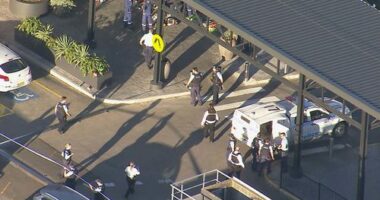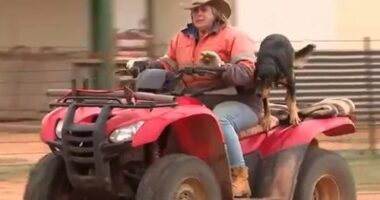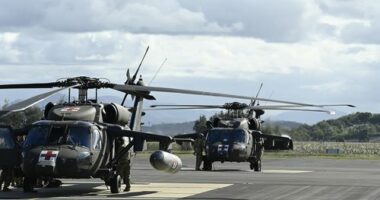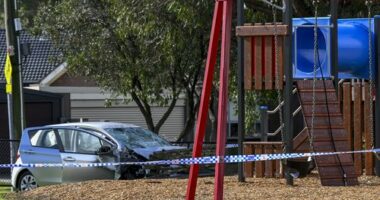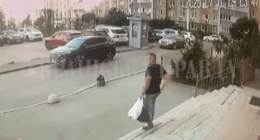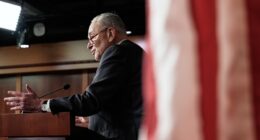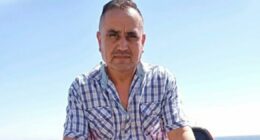Share this @internewscast.com
On Thursday, Israel’s defence minister Israel Katz confirmed that Israeli forces would have “taken out” Iran’s supreme leader during the 12-day conflict, if he hadn’t gone underground.
We consulted the experts.
How long has Ayatollah Khamenei been in power?
There are two sources of power in the Islamic Republic: divine rule as enshrined in the Supreme Leader and the bodies that support his role, and a quasi-democratic republican system that sees the president, parliament and others elected by the people.
“And really, he has tentacles everywhere,” she said.
How have Israeli and US strikes affected the regime?
He said there’s also a psychological impact of US bombings, reversing doubt within Khamenei’s mind that the US was unwilling to employ force against the regime.

A satellite image shows a close-up view of holes and craters on a ridge at the Fordow underground uranium enrichment following US airstrikes in Iran. Source: EPA / Maxar Technologies
Director of Middle East Studies Forum at Deakin University, Shahram Albarzadeh, said that while the impact on Iranian infrastructure — beyond nuclear — has been significant, Iran has not been damaged politically.
“It has hardened the resolve of hardliners in the regime to become even less compromising and less tolerant of the United States, of the international community, and of any hope of finding a diplomatic solution.”
What would a regime change look like?
Brodsky said there have been protests over economic, political and social grievances for years, but that the country lacks a “visible alternative … that is able to really pose a threat to the Islamic Republic”.

Protesters take part in a “Woman, Life, Freedom” rally for Iran women in Sydney in 2022. Source: EPA / Steven Saphore
Albarzadeh said a “regime change in Iran is a fanciful idea and not a realistic scenario”.
Initially, US strikes prompted questions about a Western-led intervention, drawing comparisons to Iraq.
“I think the West can play a role in weakening the regime and denying it resources via economic sanctions and through diplomatic isolation. Those are the tools they’re asking for,” he said.


